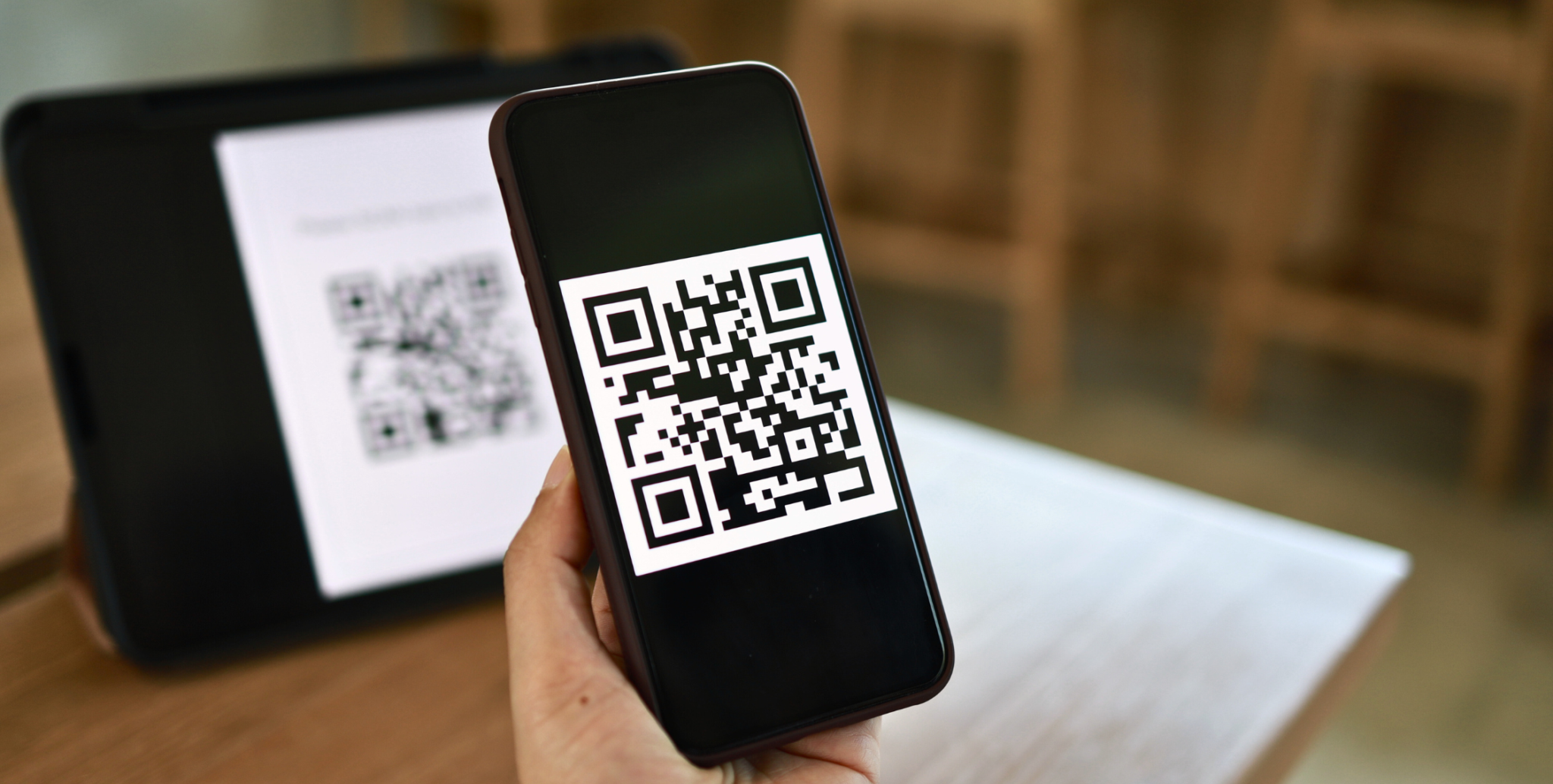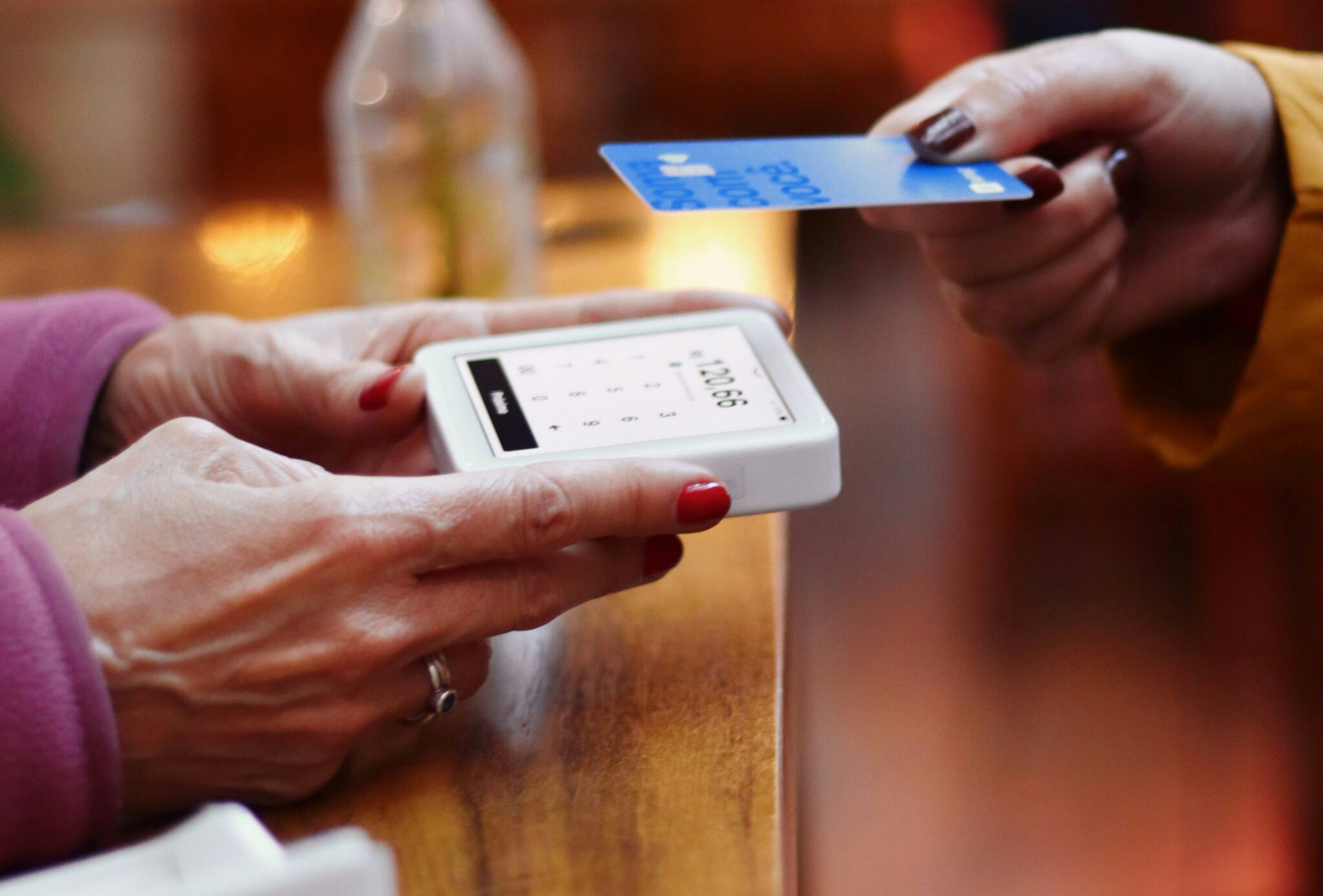Are you curious about how checking accounts work? Well, you’re in the right place! Let’s dive in.
Checking accounts have several features that can help you easily manage your finances.
- Convenience: Bank in person, online, or through a mobile device
- Security: Set up fraud alerts, create a PIN for your debit card, and have your deposits insured by government agencies protect your money
- Flexibility: Make payments with checks, debit cards, or a digital wallet or mobile payment app
How is a checking account different from a savings account?
A checking account is designed for everyday transactions, such as paying bills, making purchases with a debit card, and withdrawing cash from an ATM. These accounts typically have no limits on the number of transactions you can make and allow for easy access to your funds. Checking accounts also usually come with a debit card that you can use to make purchases, and many banks offer online banking services to help you manage your account.
A savings account is designed for longer-term savings and typically offers higher interest rates than checking accounts. Savings accounts are ideal for saving money for specific goals, such as a down payment on a house or for a vacation. These accounts often have limits on the number of withdrawals you can make per month and may require a minimum balance to avoid fees. To view Bank Five Nine saving account options, click here.
How does a checking account work?
Here’s a step-by-step guide on how a checking account works:
- You deposit money into your checking account, either by depositing cash, a check, or transferring funds from another account.
- You can use your debit card to make purchases at stores, restaurants, and online retailers. When you make a purchase, the money is deducted from your account balance.
- You can also withdraw cash from ATMs using your debit card. Depending on your bank, you may be charged a fee for using an out-of-network ATM. (Bank Five Nine has over 600 ATMS in network: ATM Access Locations – Wisconsin Bankers Association (communitybankers.org))
- If you need to pay bills or make other payments, you can write a check from your checking account. When you write a check, you’re essentially telling your bank to transfer money from your account to the person or company you’re paying. (Yep! People still write checks. They may seem like ancient history, but they’re still a useful tool in managing your finances! Click here to see how to write one if you don’t know how!)
- Most banks, including Bank Five Nine, offer online banking services that let you manage your checking account from the comfort of your own home. You can check your account balance, review your transactions, and even pay your bills online.
Types of checking accounts:
There are several types of checking accounts that you may consider for your financial needs. Keep in mind that features and fees can vary depending on the financial institution and account type. Here is a brief overview of the common types of checking accounts you may encounter!
- Personal Checking: This is the catch-all term for different types of checking accounts used for personal banking.
- Business Checking: If you are a business owner, this type of account can help you keep your personal and business finances separate.
- Student or Custodial Checking: If you are a minor, these accounts can be opened without credit or banking history, but the joint account-holding parent/guardian might need to qualify.
- Joint Checking: These accounts can be opened by two or more people who have joint ownership and are both responsible for any overdraft or penalty fees. Joint savings or checking account can make your financial life easier and less complicated if you manage your money with another person, such as a spouse or partner. Click here for our blog that talks all about joint checking!
- Other types of checking accounts: click here for the checking account options that Bank Five Nine offers with a comparison chart!
A checking account is an awesome tool for managing your finances. It gives you easy access to your money, online banking services, and a ton of other features that make managing your money a breeze. And with a little knowledge and a bit of responsibility, you can use your checking account to achieve financial success. You can also learn more about checking accounts in our Financial Education Center!






